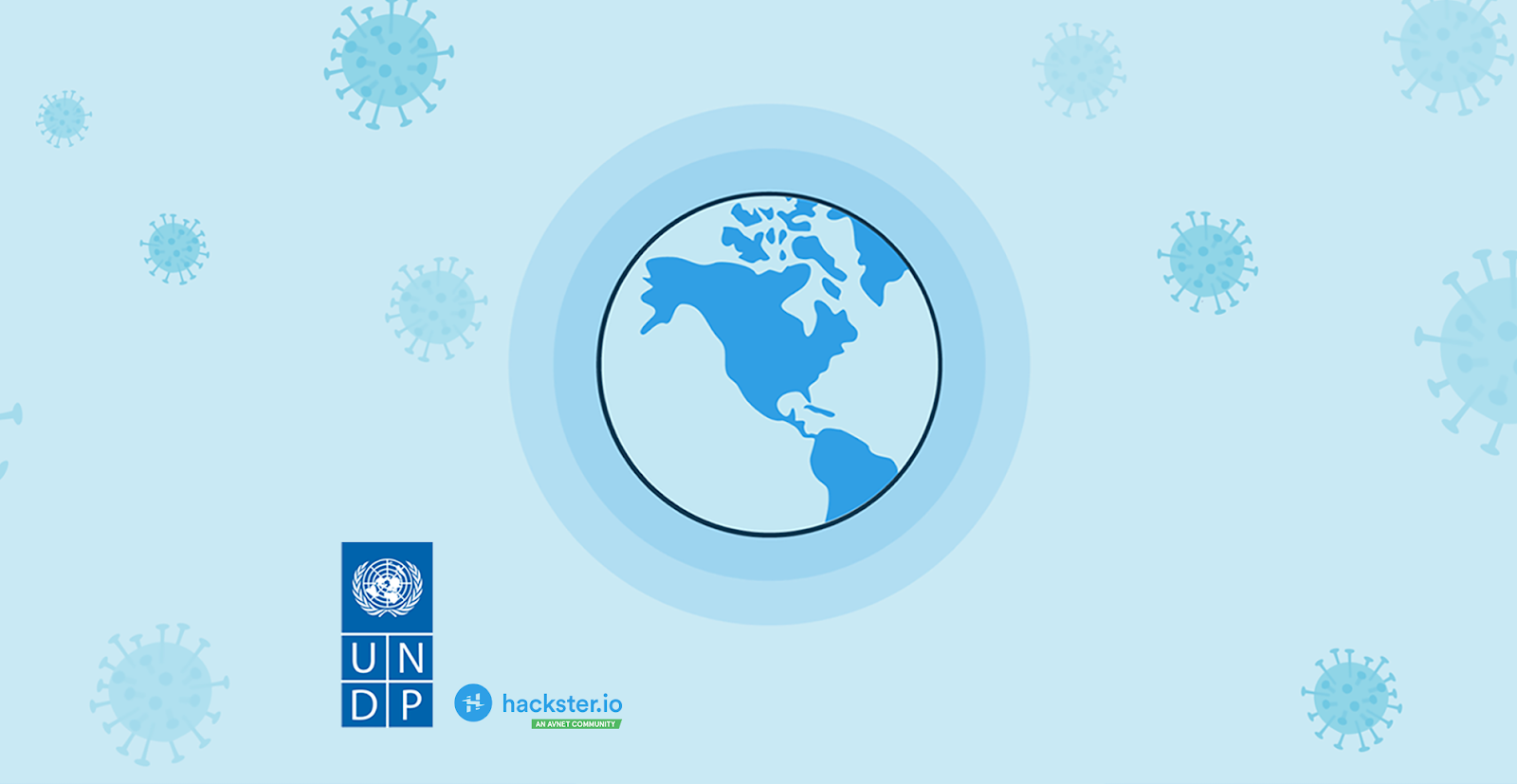Virtual Events Support
- Participating in talks internally and externally to Google to share knowledge and insight into open source projects and practices with the wider open source communities.
- To support the shift from an offline to online events model, we created an online guide to share resources and event planning knowledge: Open Source Virtual Events Guide.
Talent
- COVIDActNow is a multidisciplinary team working to provide disease intelligence and data analysis on COVID in the U.S. Google contributed to this project by improving their data pipeline allowing for county level data visualization, providing more localized insight for crisis planning.
- Nextstrain is a platform for real-time tracking of pathogen evolution. Google contributed engineering, design, and translation resources to help scientists conduct research into real-time tracking of pathogen evolution.
- Schema.org - Google led Schema.org rapid response designs for structured data markup to contribute to the COVID-19 global response, leading to the UK making similar announcements.
- Google’s annual internship program was converted to a digital program where interns will focus on open source projects, allowing projects to gain new contributors in a non-traditional environment.
- Google Summer of Code brings over 1100 university students from around the world together with open source communities, many of which are working on various humanitarian efforts related to COVID-19. The program is completely online so students can work with their mentors remotely, allowing all organizations to continue receiving the support they need.
We encourage folks who have the time and ability to support open source communities to do so by getting involved and reaching out directly to organizations that interest you. This is a time for all of us to come together and lift up each other and open source.
By Megan Byrd-Sanicki and Radha Jhatakia, Google Open Source


